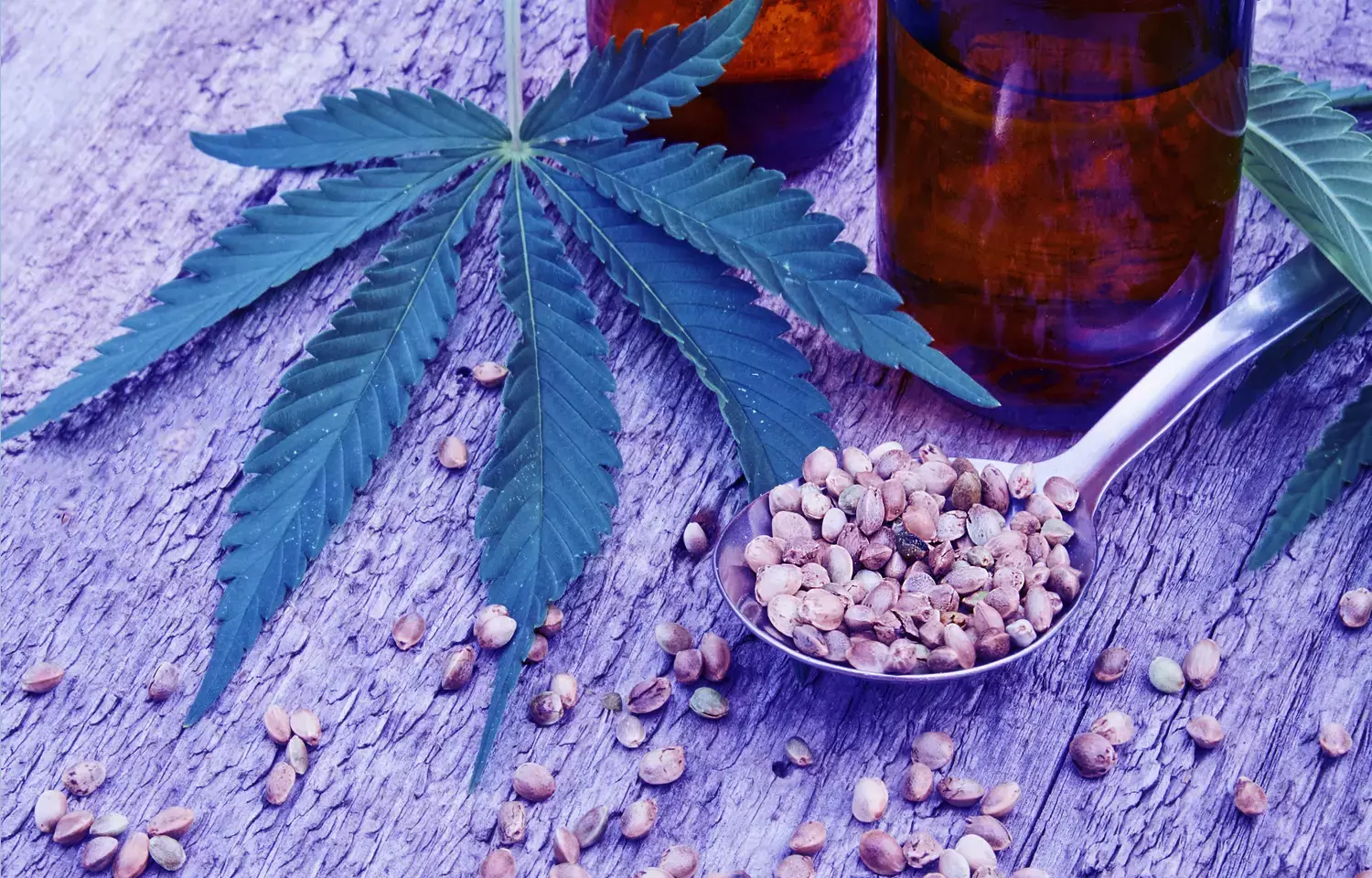- Home
- Medical news & Guidelines
- Anesthesiology
- Cardiology and CTVS
- Critical Care
- Dentistry
- Dermatology
- Diabetes and Endocrinology
- ENT
- Gastroenterology
- Medicine
- Nephrology
- Neurology
- Obstretics-Gynaecology
- Oncology
- Ophthalmology
- Orthopaedics
- Pediatrics-Neonatology
- Psychiatry
- Pulmonology
- Radiology
- Surgery
- Urology
- Laboratory Medicine
- Diet
- Nursing
- Paramedical
- Physiotherapy
- Health news
- Fact Check
- Bone Health Fact Check
- Brain Health Fact Check
- Cancer Related Fact Check
- Child Care Fact Check
- Dental and oral health fact check
- Diabetes and metabolic health fact check
- Diet and Nutrition Fact Check
- Eye and ENT Care Fact Check
- Fitness fact check
- Gut health fact check
- Heart health fact check
- Kidney health fact check
- Medical education fact check
- Men's health fact check
- Respiratory fact check
- Skin and hair care fact check
- Vaccine and Immunization fact check
- Women's health fact check
- AYUSH
- State News
- Andaman and Nicobar Islands
- Andhra Pradesh
- Arunachal Pradesh
- Assam
- Bihar
- Chandigarh
- Chattisgarh
- Dadra and Nagar Haveli
- Daman and Diu
- Delhi
- Goa
- Gujarat
- Haryana
- Himachal Pradesh
- Jammu & Kashmir
- Jharkhand
- Karnataka
- Kerala
- Ladakh
- Lakshadweep
- Madhya Pradesh
- Maharashtra
- Manipur
- Meghalaya
- Mizoram
- Nagaland
- Odisha
- Puducherry
- Punjab
- Rajasthan
- Sikkim
- Tamil Nadu
- Telangana
- Tripura
- Uttar Pradesh
- Uttrakhand
- West Bengal
- Medical Education
- Industry
CBD a potential treatment for memory-related disorders, study suggests

London UK: Cannabidiol (CBD), a key compound in cannabis, increases cerebral blood flow (CBF) in regions of the brain linked to memory processing, suggests a recent study in the Journal of Psychopharmacology. The results suggest the potential use of CBD for disorders associated with altered memory processing including post-traumatic stress disorder (PTSD), schizophrenia, depression, and Alzheimer's disease.
CBD is being investigated as a potential treatment for several disorders of which many are characterized by altered memory processing. However, there is no clarity on the mechanisms underlying these effects. Michael A P Bloomfield, University College London, London, UK, and colleagues investigated 1) how CBD influences cerebral blood flow (CBF) in regions involved in memory processing, and 2) if the effects of CBD on CBF were associated with differences in working and episodic memory task performance.
The study involved 15 healthy participants. They were administered with 600 mg oral CBD or placebo on separate days. Regional CBF was measured at rest using arterial spin labeling 3 h after drug ingestion. Working memory was assessed with the digit span (forward, backward) and n-back (0-back, 1-back, 2-back) tasks, and a prose recall task (immediate and delayed) was used to assess episodic memory.
Key findings of the study include:
- CBD increased CBF in the hippocampus (mean (95% confidence intervals) = 15.00 (5.78–24.21) mL/100 g/min, t14 = 3.489, Cohen's d = 0.75, p = 0.004).
- There were no differences in memory task performance, but there was a significant correlation whereby greater CBD-induced increases in orbitofrontal CBF were associated with reduced reaction time on the 2-back working memory task.
"These findings suggest that CBD increases CBF to key regions involved in memory processing, particularly the hippocampus," wrote the authors.
"These results identify potential mechanisms of CBD for a range of conditions associated with altered memory processing, including Alzheimer's disease, schizophrenia, post-traumatic stress disorder, and cannabis-use disorders," they concluded.
The study, "The effects of acute cannabidiol on cerebral blood flow and its relationship to memory: An arterial spin labelling magnetic resonance imaging study," is published in the Journal of Psychopharmacology.
Dr Kamal Kant Kohli-MBBS, DTCD- a chest specialist with more than 30 years of practice and a flair for writing clinical articles, Dr Kamal Kant Kohli joined Medical Dialogues as a Chief Editor of Medical News. Besides writing articles, as an editor, he proofreads and verifies all the medical content published on Medical Dialogues including those coming from journals, studies,medical conferences,guidelines etc. Email: drkohli@medicaldialogues.in. Contact no. 011-43720751


